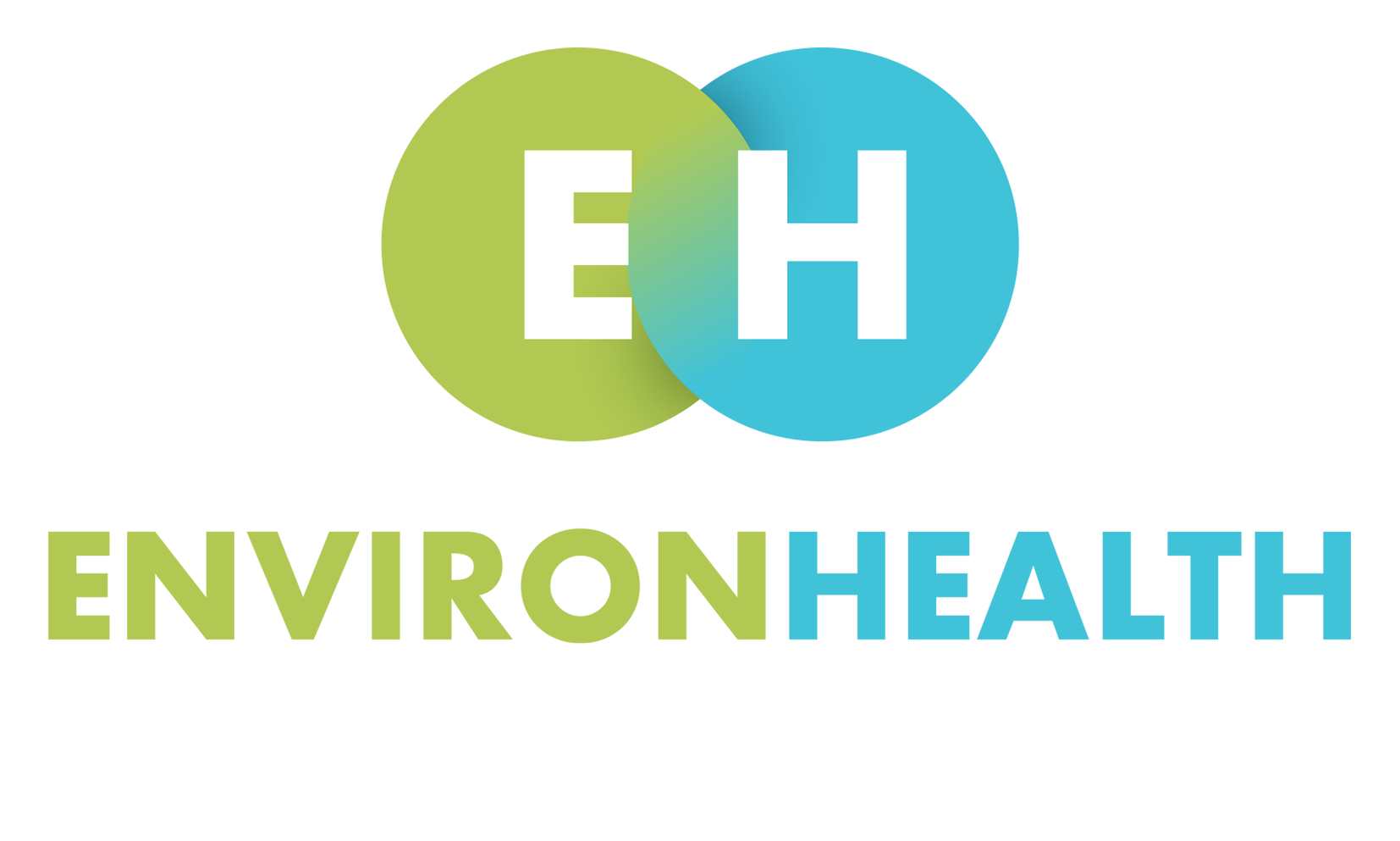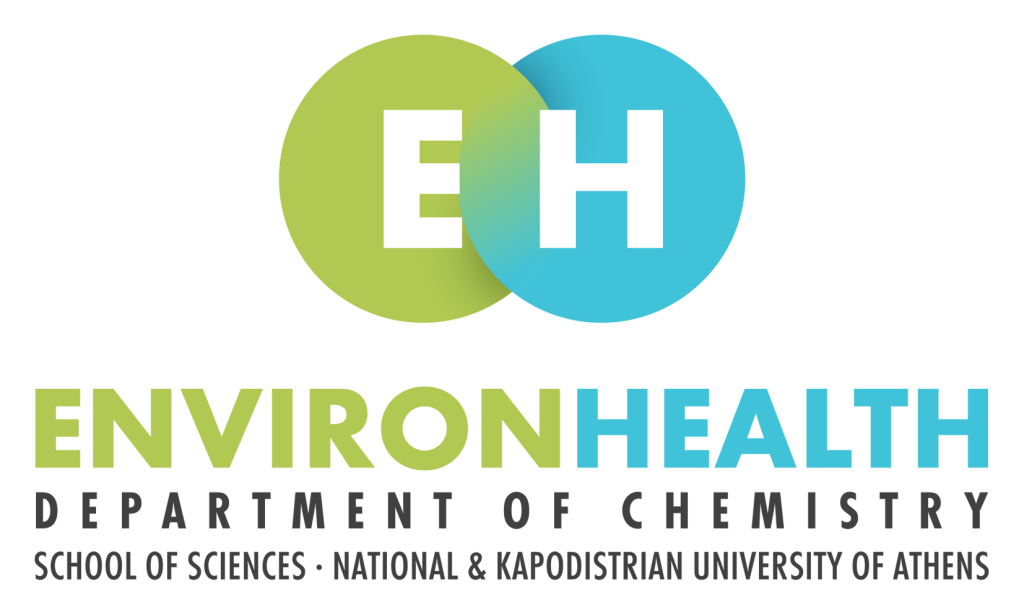MSC PROGRAMME
Program Outline
The M.Sc. program commences in the winter semester of each academic year.
To obtain the M.Sc. degree, a total of one hundred and twenty (120) credit units (ECTS) are required.
During the course of their studies, postgraduate students are required to attend and successfully complete postgraduate courses, engage in research activities, and write and present scientific papers. Additionally, they are expected to conduct independent research for their Master’s thesis.
Teaching is delivered through a combination of in-person classes and distance learning methods, as needed. However, the proportion of distance learning should not exceed 35% in accordance with the current law (paragraph 3, article 30, Law 4485/2017).
Courses are organized into semesters, following a weekly schedule, and are conducted exclusively in English.
The course program is structured as follows:
Semester 1
| Compulsory courses | Teaching hours/week | ECTS |
| Climate Changes and Health | 2 | 5 |
| Environmental Toxicology and Risk Assessment | 2 | 5 |
| Sustainable Systems Design | 2 | 5 |
| Bioanalytical Methods and Machine Learning for Multiomics | 2 | 5 |
| Environmental Epidemiology | 2 | 5 |
| Systems Approaches for Environmental Health Sciences | 2 | 5 |
| Total | 30 |
Semester 2
| Compulsory Courses | Teaching hours/week | ECTS |
| Cross-talk Between Environment and Infectious Diseases | 2 | 5 |
| Water Quality Control | 2 | 5 |
| Air Pollution: Health Effects and Air Quality | 2 | 5 |
| Environmental Justice and Health Disparities | 2 | 5 |
| Environmental Law and Science Communication | 2 | 5 |
| Environmental Disasters: From Hurricanes to Wildfires | 2 | 5 |
| Total | 30 |
Semester 3
| ECTS | |
| Research Methodology & Laboratory Practice at “Environmental Sciences and Public Health’’ - Bibliographic Research | 30 |
| Total | 30 |
Semester 4
| ECTS | |
| Writing of a postgraduate thesis (MS) “Environmental Sciences and Public Health’’ | 30 |
| Total | 30 |
Regulations
Interdisciplinary Postgraduate Studies Program “Environmental Sciences and Public Health”
In the context of strengthening the student – centered educational process, as well as the principles of transparency and accountability, the “Complaints Management Procedure” for postgraduate students of the Department of Chemistry of the University of Athens has been adopted. This procedure applies to all complaints related to the quality of the educational services provided by the MSc. of the Department of Chemistry.
The procedure is described as follows:

